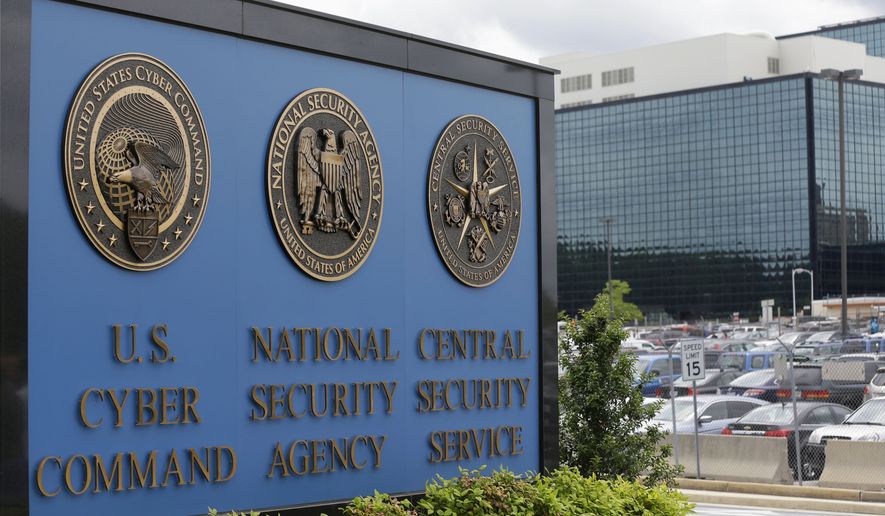Bipartisan legislation introduced in both houses of Congress Thursday would terminate the National Security Agency’s once-secretive authority to collect U.S. telephone records.
Proposed amid doubts surfacing about the surveillance program’s status and future, passage of Ending Mass Collection of Americans’ Phone Records Act would officially pull the plug on powers afforded to the NSA after the September 11 terrorist attacks and revealed more than a decade later via documents leaked by former contractor Edward Snowden.
The bill was proposed by some of the program’s loudest critics on Capitol Hill —Sen. Ron Wyden, Oregon Democrat; Sen. Rand Paul, Kentucky Republican; Rep. Justin Amash, Michigan Republican; and Rep. Zoe Lofgren, California Democrat — and has garnered the support so far of several organizations dedicated to defending civil liberties and digital rights.
“The NSA’s sprawling phone records dragnet was born in secrecy, defended with lies and never stopped a single terrorist attack,” said Mr. Wyden, a longtime member of the Senate Intelligence Committee. “It’s time, finally, to put a stake in the heart of this unnecessary government surveillance program and start to restore some of Americans’ liberties,” he said in a statement.
The USA PATRIOT Act passed after Sept. 11 allowed the NSA to secretly collect in bulk call-detail records, or metadata, containing basic information about essentially every telephone call handled by U.S. telecommunication providers. Those capabilities were exposed by documents leaked by Mr. Snowden in 2013 and significantly reformed following subsequent passage of the USA FREEDOM Act two years later.
Reforms aside, the NSA’s internal watchdog previously acknowledged the agency collected more than 543 million phone records in 2017. Critics including Mr. Wyden have raised further concerns since about the program’s operational value, and NSA Director Paul Nakasone said earlier this month that the agency was in a “deliberative process” with respect to whether it will recommend to Congress that lawmakers reauthorize its surveillance powers.
A national security adviser to the House minority leader said last month that the NSA quietly suspended the program a half-year earlier, meanwhile.
“The federal government’s appalling violations of our Fourth Amendment rights must end,” said Mr. Paul, one of the act’s backers. “This bill permanently stops one of the sprawling surveillance state’s most intrusive overreaches and is the first step in a movement to reclaim the constitutional liberties sacrificed by the overreaching provisions of the PATRIOT Act.”
The bill is supported by groups including the Electronic Frontier Foundation, Demand Progress, Free Press Action and Restore the Fourth, according to its sponsors.
The NSA declined to discuss the legislation when reached for comment.
Mr. Snowden, 35, has been criminally charged with leaking classified information. He was out of the country at the time the charges and has since received asylum from Russia, where he has lived for nearly six years.
• Andrew Blake can be reached at ablake@washingtontimes.com.




Please read our comment policy before commenting.